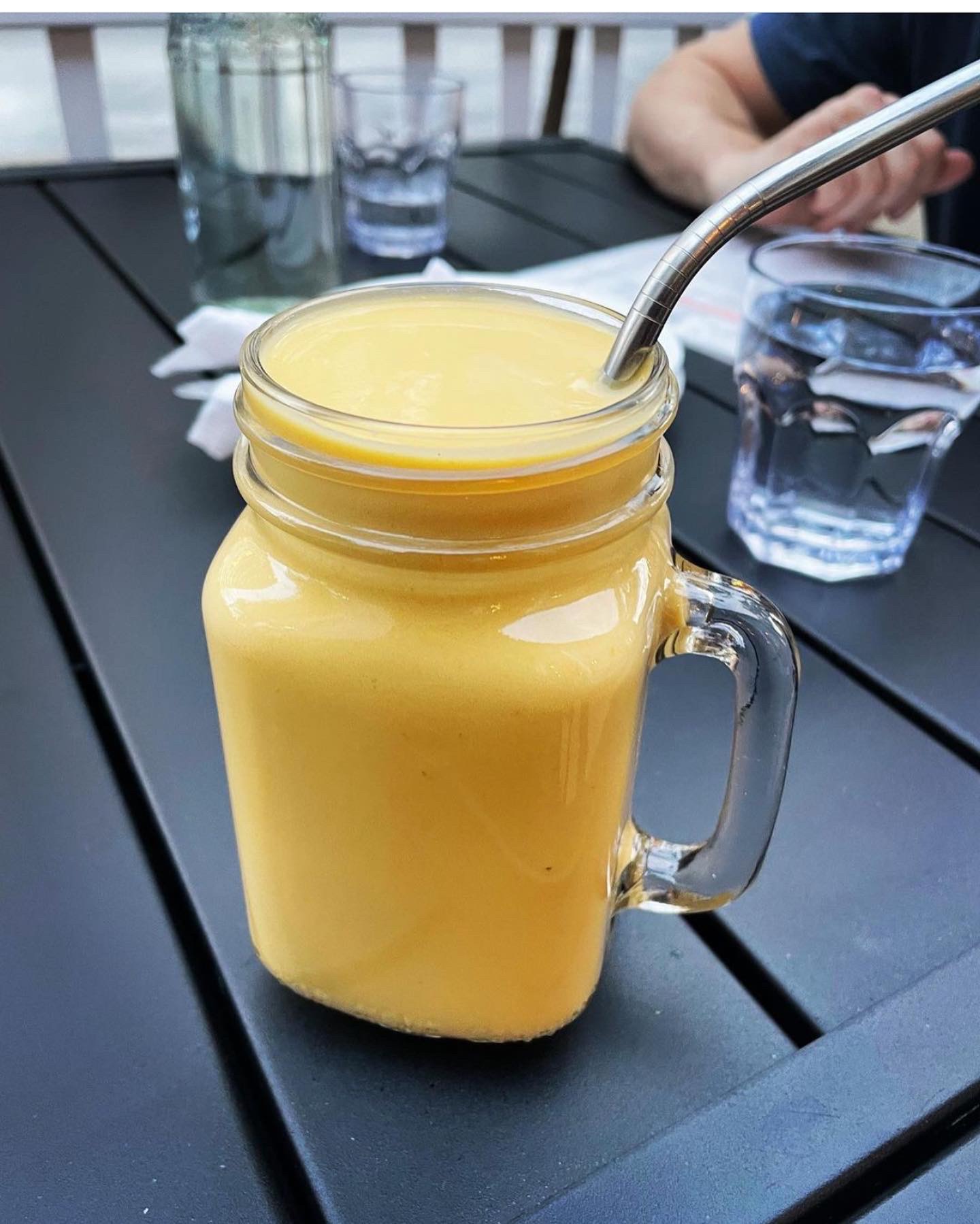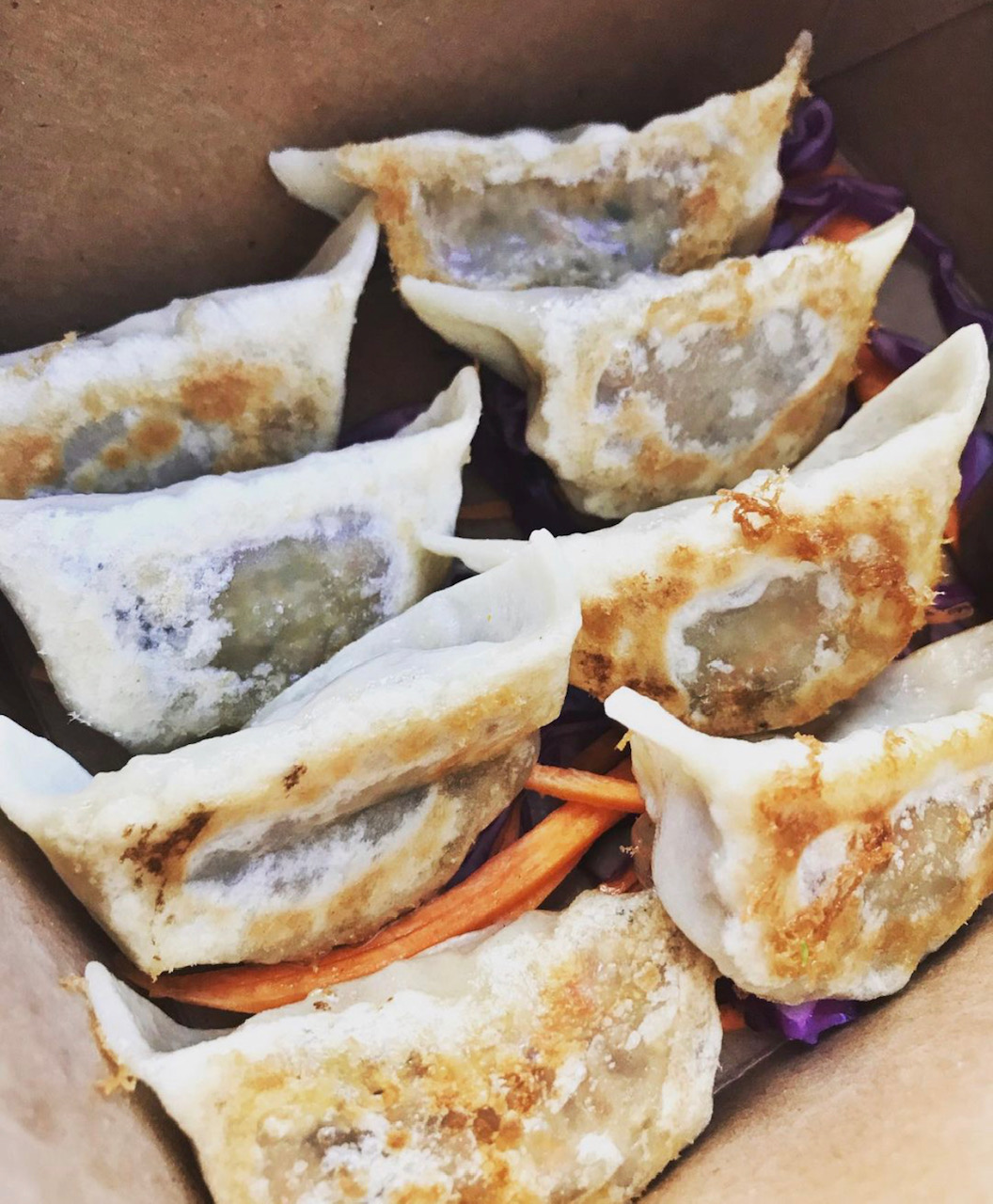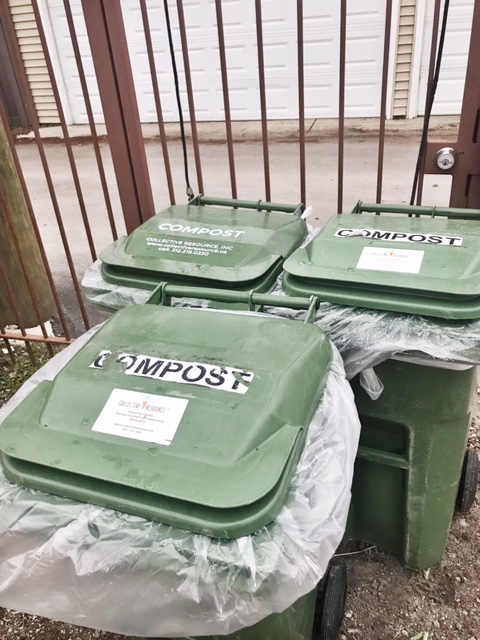Vegan options are becoming increasingly popular at events and restaurants. While there is strong support in some communities, myths about a Vegan Lifestyle abound online, social media, and even within family and friends. These misconceptions not only paint an unflattering image of what going vegan is all about but also make it more difficult to start positive conversations with non-vegans.
If you want to spread positivism and love for the environment, you’re a hippie. Refuse to purchase animal products and you’re extreme. Share that you follow a plant-based diet, and you’ll get a lesson about how you lack vital nutrients.
Is it fair that following a vegan lifestyle comes with strings attached?
These myths might sound funny but when you went vegan, you sure didn’t sign up to be a judgy hippie who eats a boring salad.
In this blog, we spoke to Mun Wong, owner of Alice & Friends, about her personal experience following a vegan Lifestyle for the past 6 years and some of the ways that communication can help debunk these misconceptions.
Read along to hear what she shared with us.
My inspiration to spread veganism is… a better future for my daughter to live in, saving animals, and mother Earth.
Positive changes I have experienced after becoming Vegan… I’m happier, kinder, healthier, and wealthier (mentally and physically.) Vegan is a lifestyle that leads you to avoid wasting on unnecessary things that hurts/burdens the environment.
How do you handle an uncomfortable discussion about Veganism with family or friends?
It’s easier to have a discussion with a stranger or acquaintance than with close friends and family. It sometimes hurts when they don’t understand or judge you.
There are family members that ask me if my daughter is getting enough nutrition without eating eggs and milk. They think I am too selfish. A discussion like this escalates to uncomfortable really fast because I’m already feeling strong resistance from them to even consider my point of view. This is when I simply try to explain that when you eat a diverse vegan diet, one can still fulfill the nutritional needs required to thrive in good health.
My advice to meat-eaters when bringing up a concern about diet or choices… Be open to listen even when you don’t agree with our views and give vegan food a chance. When you try our delicious food, you will see there’s no sacrifice at all. It’s an indulgence indeed.
Being an ethical vegan involves more than eating a vegan diet. Can you share how this drives your decision-making at Alice and Friends?



When Alice and Friends’ re-opened in 2016, we couldn’t afford to only use compostable to-go containers, commercial composting services, or support as many environmental or animal organizations as we do now.
Items that are better for the environment are way more expensive than those that are not, like plastic and Styrofoam. We cannot be as sustainable as we want to be but we are changing one step at a time.
As we continue to grow, we have gradually transitioned to more eco-friendly practices like using only compostable to-go containers and straws
Another example is composting. A Commercial composting service is quite costly for small businesses like us. We first started bringing food scraps home as it was cheaper. With time, we found a service that we could afford and immediately signed up for it.
How do you relate to people who consume other diets?
My journey from eating meat to becoming vegan was a process. I went from being a meat-eater growing up to being a vegetarian for 10 years and now vegan for more than 6 years.
This is how my vision to have a restaurant where I wouldn’t have to check the ingredients came to be. Alice and Friends’ uses 100% vegan ingredients so that our customers don’t have to worry about quality or cross-contamination. For me, this is a dream come true and I want to share it with both vegan and non-vegan alike. This is why I believe it’s important to start a discussion about veganism.
